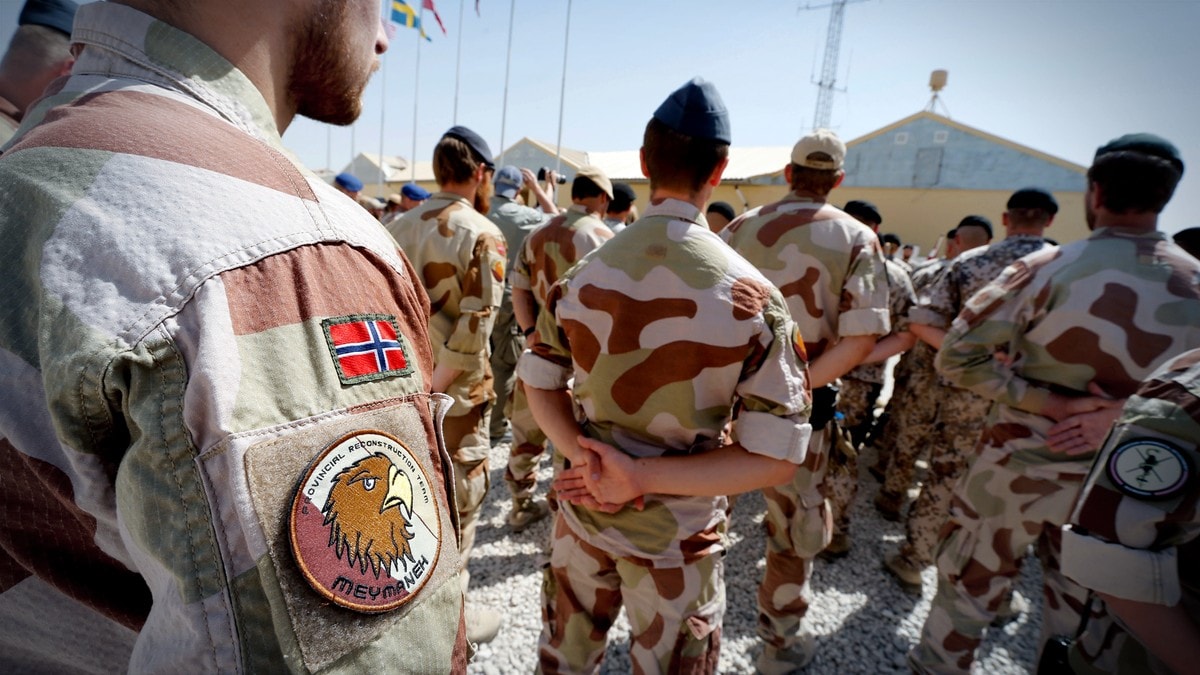
The matter in summary: About 10,000 Norwegian soldiers have served in Afghanistan in the last 20 years. A new study shows that problematic anger is more widespread among veterans than previously thought. 8.4 percent of the Norwegian Afghanistan veterans suffered from problematic anger, almost three times as many as those with PTSD. In total, around 15 per cent of veterans have mental disorders, higher than previously thought. Mental problems are more widespread among those who have left the Armed Forces after being in Afghanistan than among those who have continued. New research can contribute to better help for veterans who struggle with mental health problems. Approximately 9,200 Norwegian soldiers served in Afghanistan between 2001 and 2021. The Afghanistan survey from 2020 showed that 10.4 percent of these suffered from mental health problems. Now a new study shows that the number is higher than previously thought. For the first time, researchers have mapped the suffering of “problematic anger” among veterans. – Over the years, we have understood that PTSD is just one of several possible psychological disorders related to trauma, says one of the researchers behind the study, Anders Nordstrand. More anger than PTSD Nordstrand is an associate professor at NTNU and a naval captain. He says that many veterans struggle with anger. – Problematic anger can be defined as anger occurring so frequently, intensely and for a long time that it significantly disrupts function, social life and quality of life. Anger problems are often associated with chronic pain or other psychological problems. – Those who suffer from problematic anger report that they have a poor quality of life. The study shows that 8.4 per cent of the Norwegian Afghanistan veterans suffered from problematic anger. That makes anger problems almost three times as common as PTSD among veterans. – Many have several ailments at the same time, explains Nordstrand. Figures from the Afghanistan survey showed that 10.4 per cent of the veterans had one or more mental disorders. The fact that the anger problem has now been mapped means that the number is higher than previously thought. – The total number of veterans with mental disorders is approximately 15 per cent. It has previously been known that approximately ten percent of veterans from Afghanistan have mental disorders. Photo: Forsvaret / NTB – Important knowledge The fact that it is only now that problematic anger has been researched, Nordstrand believes, may mean that one previously did not realize how many people have suffered psychologically. – This is a problem we have not known before. Therefore, we have probably underestimated how many people have mental health problems. Morten Henriksen is a veteran inspector in the Norwegian Armed Forces. He is happy that there is now research on anger. – Problematic anger not only affects veterans, but also family and friends. He hopes the new knowledge about problematic anger can make it easier to help veterans who struggle. – New research and insight are important to be able to offer help to the veterans who face challenges. He believes that new knowledge can both make help better and at the same time make the threshold for seeking help lower. – We know that many veterans are afraid and wait too long before seeking help. Then the problem has likely become bigger and more complex. Ten Norwegian soldiers lost their lives during the 20 years Norway was in Afghanistan. Photo: The Armed Forces More problems among those who left The study also shows that psychological problems are far more widespread among those who left the Armed Forces after being in Afghanistan than among those who continue. Bjørn Robert Dahl, secretary general of Norway’s Veterans Association, believes it is important to maintain contact with the military. – Maintaining the connection to others who know what it means to have been on assignment abroad can provide protection against psychological problems. – I think the veterans’ organizations are the key for many. Although Dahl wishes knowledge about problematic anger had come earlier, he is glad that research is being done on veterans. – First of all, it is positive that new areas can be found where veterans’ problems can be tackled. Published 03/09/2024, at 17.17
ttn-69
